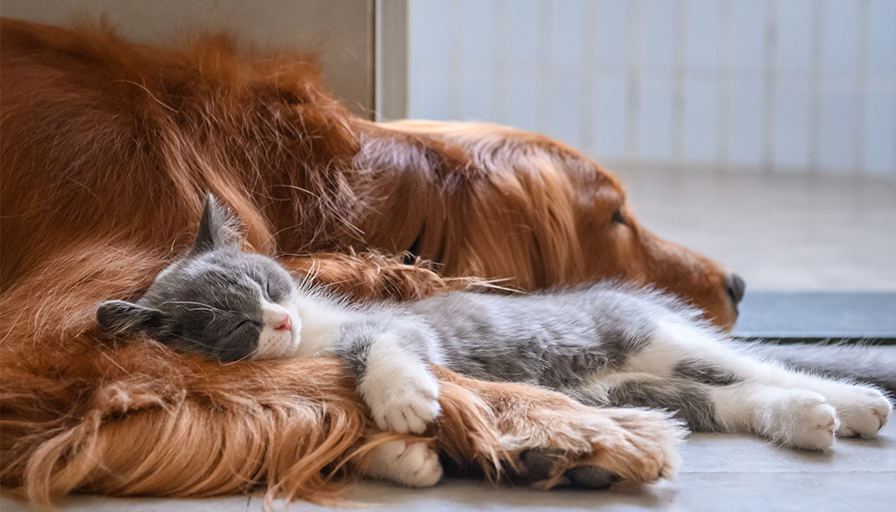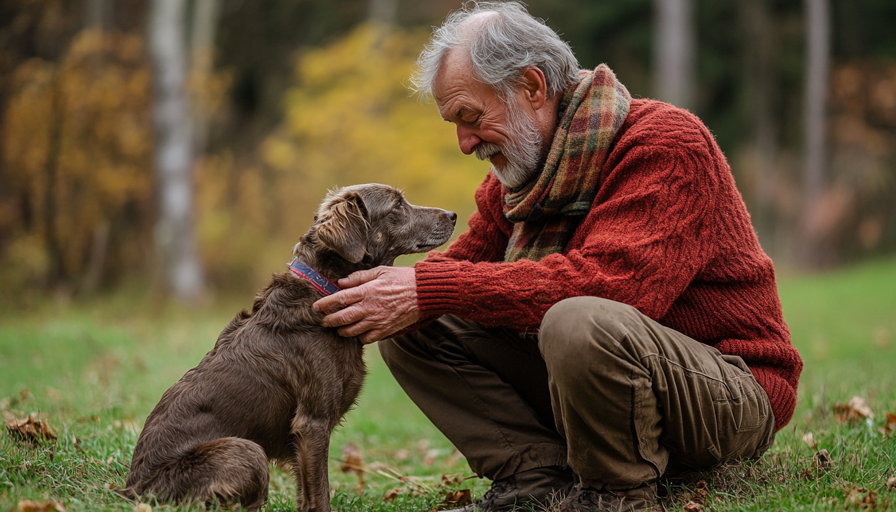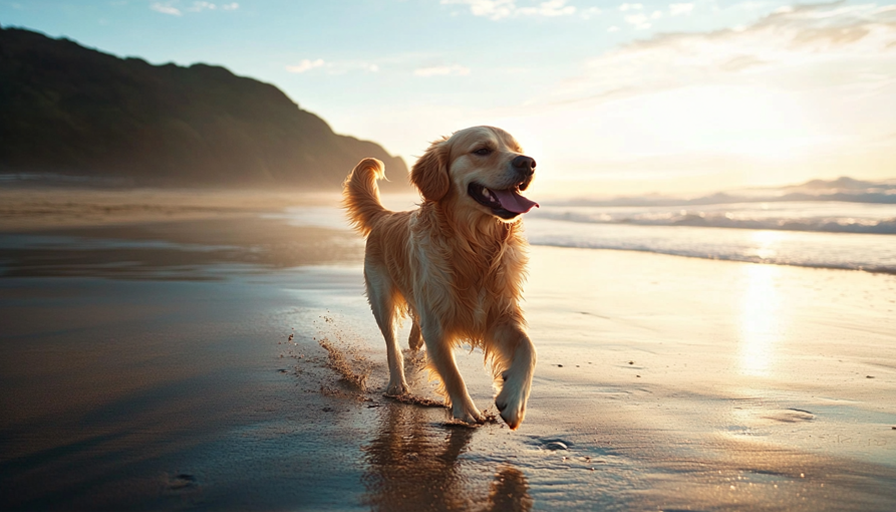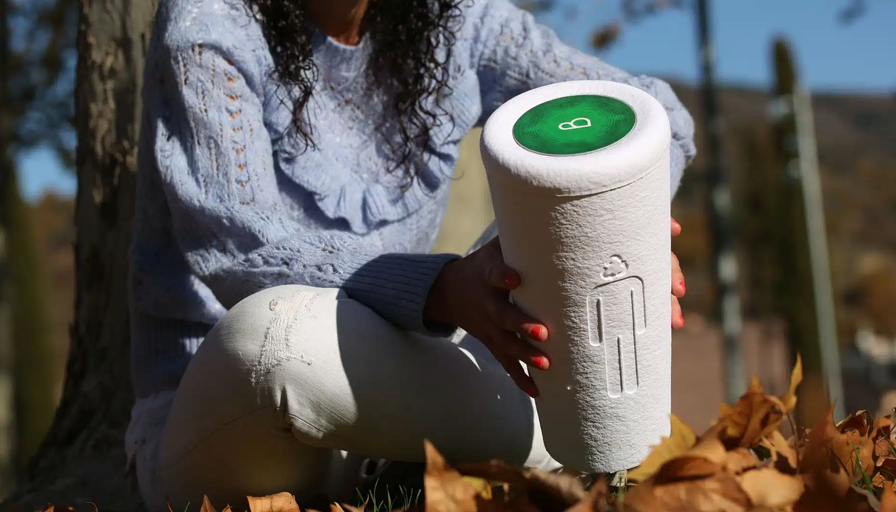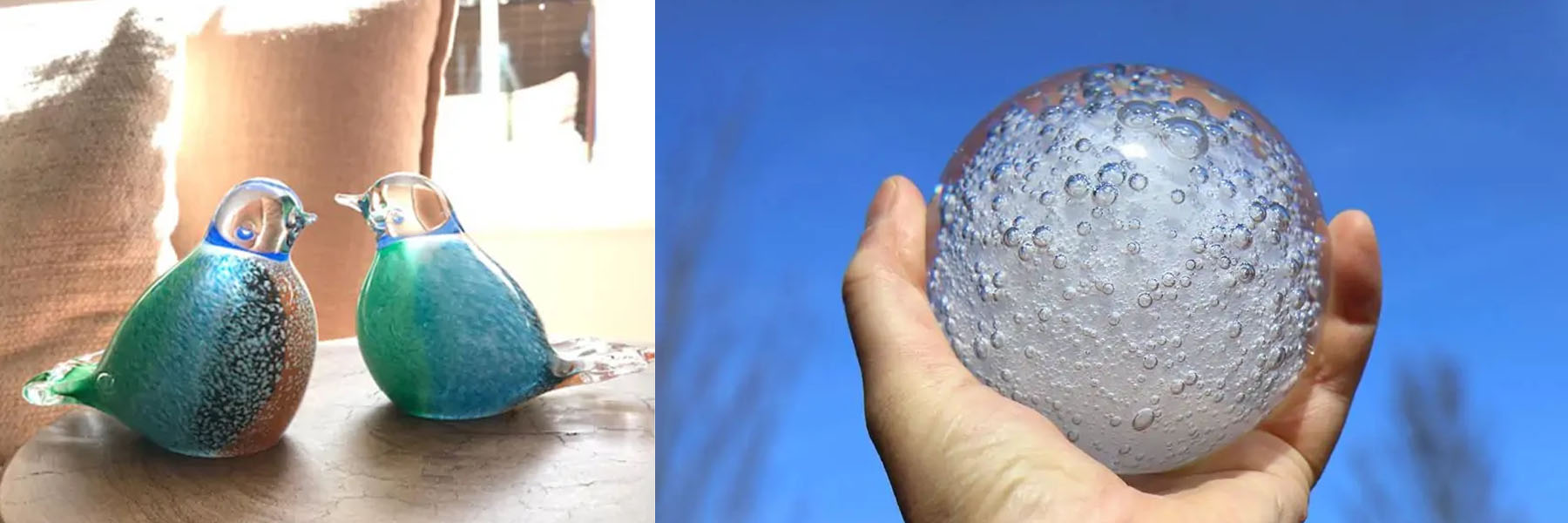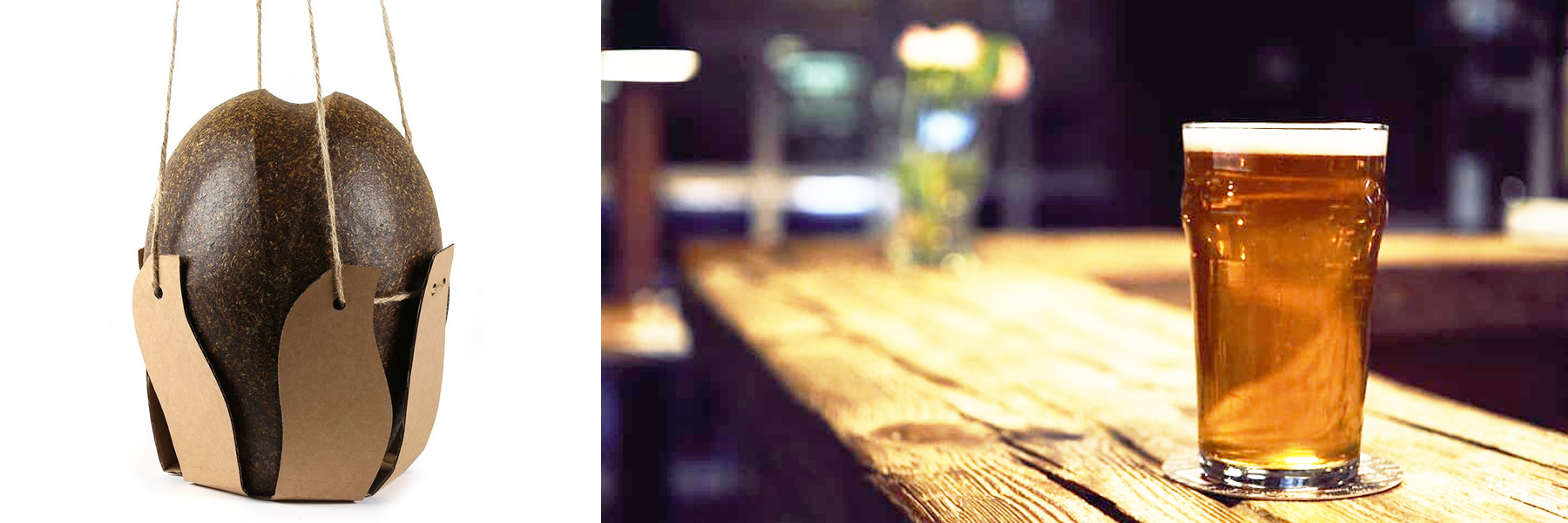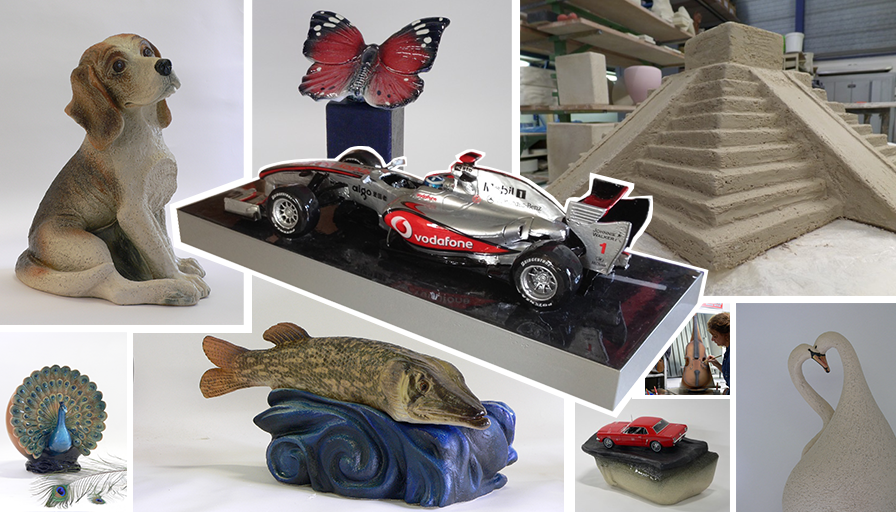Choosing The Right Pet Sized Urn
Losing a pet is a deeply emotional experience. They are family members who have given us unconditional love over the years. When they pass away, we want to make sure they are honoured with dignity, and some of us may want to keep their ashes close to us in an urn. The hard part is choosing the right size urn for your pet. It's a lot easier with a human, but animals come in different shapes and sizes. We will walk you through all you need to know about choosing the correct-sized urn for your beloved pet.
Why The Right Pet Sized Urn Matters
Picture a Labrador and a French bulldog next to each other. One is about 9kg, while the other is over 30kg. These two dogs will need urns of different sizes for each other. The urn needs to be the right size for your ashes and the right size for where it could be displayed within the house. Some pet owners may also scatter some of the ashes, especially dog owners, as there might be a favourite walk they used to take. Therefore, they may only need to keep a percentage of the ashes. Choosing the right one is also an emotional choice as well as a practical one.
How To Calculate The Right Size
The easiest way to calculate this is based on the pet's weight rather than size. A greyhound, although big, will weigh much less than a German shepherd, even though they are similar in size.
A simple way to work this out is that every pound of weight will equal about one cubic square inch of ashes. Please note that this is just a rough guide, and each pet will vary, but this should give you an idea.
For example, a 10-lb cat would need an urn to hold 10 cubic inches of space, and a 60-lb dog would need an urn to hold 60 square inches of ashes.
| Pet Size | Dog Breeds (10 Examples) | Cat Breeds (10 Examples) | Other Pets | Weight Range | Average Volume |
| Tiny | 1. Chihuahua | 1. Singapura | Gerbil | Under 10 lbs (4.5 kg) | 1-10 cu in |
| 2. Pomeranian | 2. Munchkin | Guinea Pig | |||
| 3. Yorkshire Terrier | 3. Cornish Rex | Hamster | |||
| 4. Papillon | 4. American Curl | Small Lizard | |||
| 5. Maltese | 5. Oriental Shorthair | Birds | |||
| 6. Pekingese | 6. Sphynx | ||||
| 7. Toy Poodle | 7. Devon Rex | ||||
| 8. Shih Tzu | 8. Abyssinian | ||||
| 9. Brussels Griffon | 9. Burmese | ||||
| 10. Italian Greyhound | 10. Balinese | ||||
| Small | 1. French Bulldog | 1. Devon Rex | Ferret | 10 - 25 lbs (4.5 - 11 kg) | 10-25 cu in |
| 2. Dachshund | 2. Scottish Fold | Rabbit | |||
| 3. Cavalier King Charles Spaniel | 3. Burmese | Large Lizard | |||
| 4. Jack Russell Terrier | 4. Russian Blue | ||||
| 5. Pug | 5. Turkish Angora | ||||
| 6. Boston Terrier | 6. Cornish Rex | ||||
| 7. Miniature Schnauzer | 7. Abyssinian | ||||
| 8. Bichon Frise | 8. Exotic Shorthair | ||||
| 9. West Highland White Terrier | 9. Siamese | ||||
| 10. Havanese | 10. Birman | ||||
| Medium | 1. Beagle | 1. American Shorthair | - | 25 - 50 lbs (11 - 23 kg) | 25-50 cu in |
| 2. Cocker Spaniel | 2. Burmese | ||||
| 3. Border Collie | 3. Bengal | ||||
| 4. American Staffordshire Terrier | 4. Turkish Van | ||||
| 5. Shetland Sheepdog | 5. British Shorthair | ||||
| 6. Australian Shepherd | 6. Norwegian Forest Cat | ||||
| 7. Basenji | 7. Tonkinese | ||||
| 8. Whippet | 8. Korat | ||||
| 9. Brittany Spaniel | 9. Egyptian Mau | ||||
| 10. Keeshond | 10. Havana Brown | ||||
| Large | 1. Labrador Retriever | 1. Maine Coon | - | 50 - 100 lbs (23 - 45 kg) | 50 - 100 cu in |
| 2. Golden Retriever | 2. Ragdoll | ||||
| 3. Boxer | 3. Siberian | ||||
| 4. German Shepherd | 4. Norwegian Forest Cat | ||||
| 5. Rottweiler | 5. British Shorthair | ||||
| 6. Dalmatian | 6. Chartreux | ||||
| 7. Doberman Pinscher | 7. Turkish Van | ||||
| 8. Akita | 8. Ragamuffin | ||||
| 9. Weimaraner | 9. Savannah | ||||
| 10. Alaskan Malamute | 10. Bengal | ||||
| Giant | 1. Great Dane | - | - | Over 100 lbs (45+ kg) | |
| 2. St. Bernard | |||||
| 3. Mastiff | |||||
| 4. Bernese Mountain Dog | |||||
| 5. Irish Wolfhound | |||||
| 6. Newfoundland | |||||
| 7. Leonberger | |||||
| 8. Great Pyrenees | |||||
| 9. Tibetan Mastiff | |||||
| 10. Cane Corso |
Companion Urns
Consider if you want your pet's ashes to go with other pets. Sometimes if a family have 2 dogs or cats that were close or from the same litter, then they might wish for their ashes to go together. If this is the case, you may need to plan the urn size ahead of time to allow for the total weight of the animals. Having the pet's ashes together in 1 resting place can often help the owners find comfort in knowing they are with each other.
Indoor or Outdoor?
Choosing to have the urn inside or outside can make a difference. Nobody wants to have a really small urn outside, and most people won’t want a bigger urn inside that dominates the space too much.
If the urn is going down at the bottom of the garden in a memorial spot, a larger urn made of a material that copes better with elements will be a good choice. If it's inside, a smaller wooden urn might be a better choice.
Splitting The Ashes Between The Family
Sometimes, family members want to take some of the ashes with them. If the children lived with the pet when they were younger and it was a big part of their lives, they might want some ashes. This is understandable. Everyone then has a tiny part of the pet with them. This will affect the size of the urn, as you may end up with two or three smaller urns or Pet Ashes Jewellery, rather than one big one.
Material Choices
Although unrelated to size, it's important to consider what material you want the urn to be. This could be to fit in with the aesthetics of your home decor and personal preferences. The 4 most popular choices that people choose are:
- Ceramic - This is the most popular material for pets. It comes in a wide variety of colours, so you can easily choose a colour that suits your pet or home. However, ceramic is only suitable for indoor use.
- Wood - Easily engraved with your pet's name and suitable for indoor use.
- Brass and Bronze - These are more robust and the bronze could be good inside or outside.
- Stone - A classic look, but available in many colours. Suitable for indoor and outdoor use.
Budget
The budget is linked with materials and size. Larger urns cost more, especially when it comes to what they are made of. A large stone urn will be the most expensive choice, while a basic ceramic urn will likely be the cheapest.
Final Thoughts
As with anything regarding the passing of a loved one, it's a deeply personal decision. The one thing to think about with your pet's ashes is the weight and whether the ashes will be shared between family members. If you need any help deciding which one is best for you, get in touch with our experts, and we will advise you on which one suits your needs.

